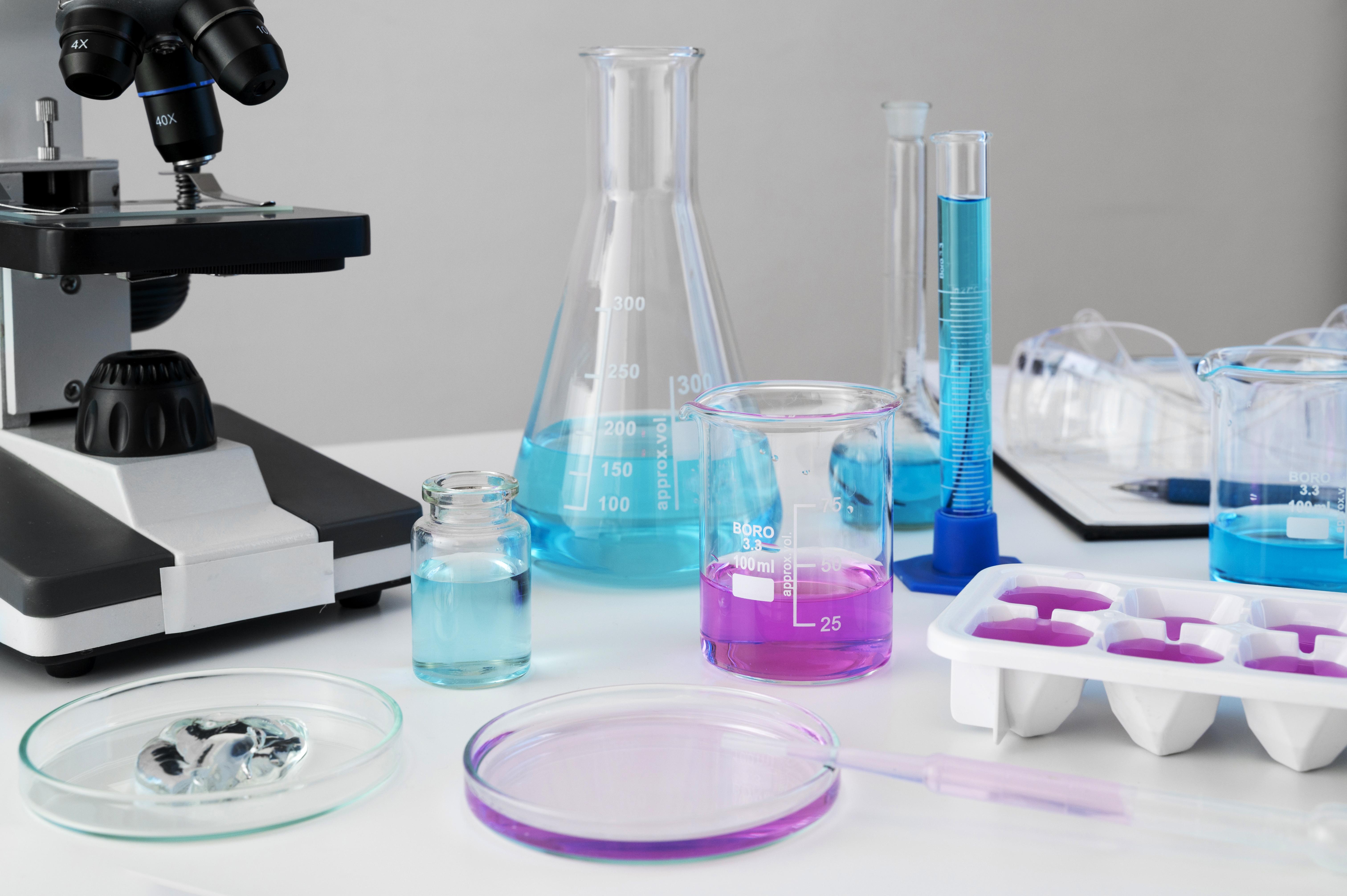Is Buying Used Lab Equipment Worth It? Pros and Cons?

Reliable lab equipment is essential for conducting accurate and precise scientific research. Without the right equipment and tools, scientists risk producing inaccurate data, hindering innovation and results.
While purchasing brand-new equipment is often the preferred choice, buying used lab equipment can be an equally viable alternative.
In this blog, check out the pros and cons of buying secondhand lab equipment to help you decide if purchasing these is truly worth it.
Pros of Used Lab Equipment
Let's discuss the advantages of buying used lab equipment in San Diego.
More Affordable
Purchasing old lab equipment that is in excellent shape and has exceptional performance can help new labs save money. It is especially advantageous for labs with tight budgets because used equipment is typically less expensive than new or reconditioned products.
Establishing a lab allows you to purchase top-notch equipment for a fraction of the price of new equivalents, freeing up funds for other crucial research areas like consumables and research funding.
Quick Setup and Availability
Purchasing used lab equipment can greatly reduce the waiting period. Demand for new equipment is frequently higher, raising costs and lengthening wait times.
On the other hand, suppliers of used lab equipment enable quicker delivery. It allows more efficient operations and faster purchase of the required equipment.
Time-Saving
Buying old lab equipment is frequently quicker because it can usually be acquired immediately, but getting new equipment shipped from the manufacturer might take a few weeks. There is usually a waiting period for specialized equipment, especially if you are procuring one from an expensive brand.
Selecting used equipment makes it more likely that you will find models exactly like your current setup, making replacements easier.
More Lab Equipment Diversity
Given the significant price difference between new and used lab equipment, prioritizing used items over new ones can free up more funds for more equipment.
You might only have enough money for a few instruments when shopping on a tight budget. Still, you can obtain more equipment by choosing the less expensive options.
The additional instruments that you procure will enable enhanced research capabilities.
A Sustainable Choice
Purchasing old lab equipment is environment-friendly. Older instruments wind up in landfills before they become completely obsolete.
Secondhand lab equipment such as hot plates, stirrers, and shakers helps to promote sustainable practices by minimizing the need for new manufacturing.
Choosing pre-owned equipment coincides with a greener strategy, making it a more sustainable option for firms trying to implement eco-conscious practices.
Cons of Used Lab Equipment
Let's go through the drawbacks of used lab equipment in San Diego:
Condition and Calibration
Before purchasing second-hand lab equipment, ensure it is in good shape and calibrated. Inspect the equipment or speak with the seller about its history. Used equipment is prone to wear and damage, requiring costly maintenance.
Furthermore, obsolete lab equipment may not perform well for specific research, lowering productivity and necessitating replacement sooner than expected.
Lack of Warranty
Used lab equipment frequently lacks a warranty, exposing you to excessive repair costs in the event of a malfunction. In most cases, the used equipment cannot be returned to the seller.
When purchasing second-hand equipment, consider the expense of probable repairs and the possibility of extended warranties. If the equipment will be used frequently or for an extended period, it must be examined, repaired (if needed,) and calibrated. It is especially vital when using the equipment for critical experiments.
Potential Obsolescence
Given the fast-paced tech changes, secondhand lab gear can quickly become outdated compared to newer machines. For example, older microscopes might not have the features needed for the latest research methods. Similarly, obsolete pH meters or pipettes could hinder experiments compared to more advanced alternatives. It's essential to weigh the longevity of used equipment against the demands of evolving technology to make wise investments in the lab.
Unreliable Supplier
Purchasing old lab equipment can be risky since you may deal with a seller who lacks qualifications or certificates. They might offer equipment that has not passed statutory inspections. Trusting their word of mouth is not worth it, as the supplier may not be around for future assistance.
Before acquiring any equipment, you must be confident in its functionality.
Regulatory Considerations
Regulatory considerations are critical in early-stage R&D labs, where preclinical testing determines whether to buy old or new equipment.
Modern equipment becomes almost mandatory when a corporation operates in a regulated environment or researches an animal trial product.
Endnote
Buying used lab equipment in San Diego has numerous advantages and disadvantages. Almost all essential points have been discussed above. Read the blog again to decide whether buying used lab equipment is worth it or not.
- Art
- Causes
- Crafts
- Dance
- Drinks
- Film
- Fitness
- Food
- Jogos
- Gardening
- Health
- Início
- Literature
- Music
- Networking
- Outro
- Party
- Religion
- Shopping
- Sports
- Theater
- Wellness
- IT, Cloud, Software and Technology


